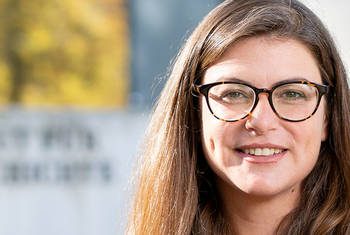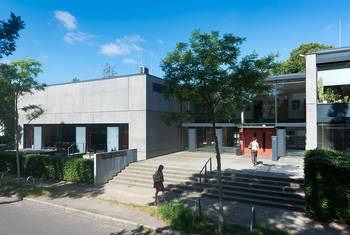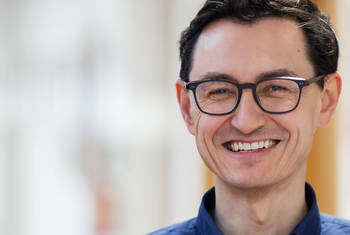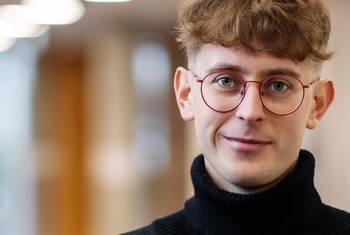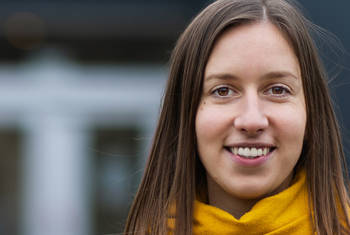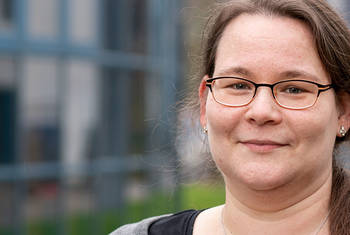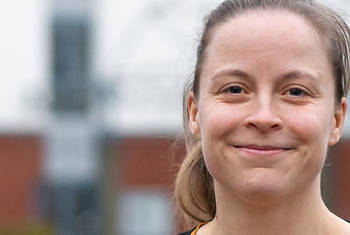Noa Hegesh How Can Sound Help Us to Better Understand Early and Medieval China?
Noa Hegesh is a lecturer in the Dept. of East Asian Studies at Tel Aviv University and a visiting scholar at the Max Planck Institute for the History of Science where she did a postdoctoral fellowship. Having completed her PhD at the University of Pennsylvania, Hegesh’s research focuses on musical thought and sound as a technology in Early and Early Medieval China. In 2022, Hegesh was awarded Tel Aviv University’s Zvi Yavez School of Historical Studies Prize for research excellence.
Area of Research
History of Sound
since 2021
Lecturer
Tel Aviv University
Department of East Asian Studies
since 2021
Visiting Scholar
Max Planck Institute for the History of Science (more details)
Department III: Artefacts, Action, Knowledge. Member of Research Group: Epistemes of Modern Acoustics.
2018-2021
Postdoctoral Fellow
Max Planck Institute for the History of Science (more details)
Department III: Artefacts, Action, Knowledge. Member of Research Group: Epistemes of Modern Acoustics.
2020-2020
Guest Lecturer
Technical University of Berlin (Technische Universität Berlin)
“Thinking Through Water in the Daode Jing.” Guest lecture in "History of Water Management in China" (Dr. Chun Xu).
2007-2010
BA
Tel Aviv University
East Asian Studies and Musicology (expanded with three years of orchestra conducting).
2010-2011
MA
Tel Aviv University
Field of research: political and cultural effects on the development of music theory in the Early Han period.
2012-2018
PhD
University of Pennsylvania
Field of research: History and development of musical thought and aesthetics in early China.
Institute
Max Planck Institute for the History of Science
Founded in 1994, the Max Planck Institute for the History of Science (MPIWG) in Berlin is one of more than 80 research institutes administered by the Max Planck Society. The Institute is dedicated to the study of the history of science, aiming to understand scientific thinking and practice as historical phenomena from a variety of methodological and interdisciplinary perspectives. Our research draws on the reflective potential of the history of science to address current challenges in scientific scholarship, exploring the changing meaning of fundamental scientific concepts as well as how cultural developments shape scientific practices. The Institute’s projects span all eras of human history and a multitude of cultures globally, ranging from the origins of continuity systems in Mesopotamia to present-day science in China, Renaissance natural history, and the past of quantum mechanics. The Institute also draws on the reflective potential of the history of science to address current challenges in scientific scholarship.
Map
Technologies like sonar or ultrasound demonstrate that sound can contribute to society in ways that are not easily visible. In this video, NOA HEGESH explores the notable role that sound played in early and medieval China in areas as diverse as the calendar, weights and measures and prognostication. Identifying and translating relevant texts and artifacts before situating them in context, Hegesh highlights the ways that sound as understood in relation to concepts like qi and yin and yang helped to underpin the power held by the Emperor and his ruling dynasty in this period of Chinese history.
LT Video Publication DOI: https://doi.org/10.21036/LTPUB101056




